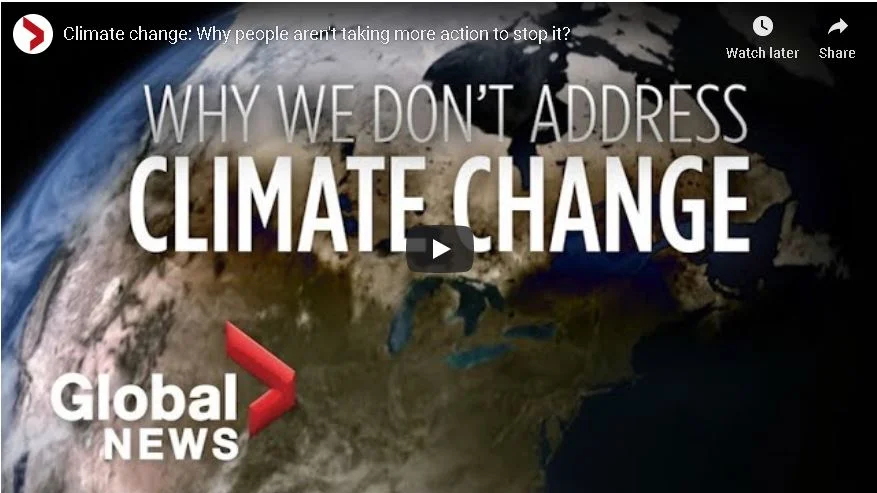Some parts of the Arctic don't look very polar anymore. Many regions are likely transforming from snowfall- to rainfall-dominant climates, according to the National Oceanic and Atmospheric Administration. "At the fringes, the transition is essentially occurring already," John Walsh, chief scientist at the International Arctic Research Center at the University of Alaska Fairbanks, said in a briefing at the fall meeting of the American Geophysical Union on Tuesday.
The world's permafrost is rapidly thawing and that's a big climate change problem
As we work to curb emissions, another source of greenhouse gases is coming to the surface. An international study released this fall shows that permafrost thaw could contribute as much greenhouse gases to our atmosphere as a large industrial nation by the end of the century. In the Arctic, warming is amplified, with annual temperatures having warmed 2.3 C since 1948, more than twice the global rate, according to Environment and Climate Change Canada.
Climate change raises risks for mining industry
In the North, some mines risk leaking acid if the permafrost melts, while across Canada heavier rainfall will add strain to tailings dams and a lack of it could throw operations. While no strangers to extreme weather, the growing risks from climate change are forcing the mining industry to take a hard look at their methods, and how to prepare for the worst. Many of the most prudent actions to minimize risk are, however, also more costly, meaning that while some have taken them on, not everyone has followed suit.
Thawing permafrost can expose northerners to cancer-causing gas, study says
Thawing permafrost might be exposing people in northern Canada to higher levels of a naturally-occurring gas that causes lung cancer, says a new study out of the U.K. Paul Glover, the study's lead researcher, said permafrost has been acting as a "hidden guardian" by keeping radon locked in the ground in the circumpolar Arctic and preventing it from travelling to the Earth's surface and accumulating in buildings.
Yukon pushed to develop protections for irreplaceable wetlands threatened by mining
An independent panel is urging the Yukon government to develop a wetlands policy to protect unique streams, bogs, fens and peatland from mining because there are no known ways to fully restore these sensitive ecosystems once disturbed. Wetlands filter water, provide habitat to species and sequester carbon but are quickly being lost to development worldwide — an issue drawing attention on World Wetlands Day Feb. 2.
Longstanding climate change research project continues in Old Crow, Yukon
Vuntut Gwitchin traditional territory is one of the fastest warming areas in the world. That's why the Vuntut Gwitchin Government is teaming up with researchers from across Canada to address community concerns about climate change and its impacts on the land around Old Crow, Yukon. "The consequences of that are going to be long ranging and diverse and they're going to touch on every aspect of the environment," said Jeremy Brammer, fish and wildlife manager for the Vuntut Gwitchin Government.
Water shortages and yearly floods: Canada won’t escape climate crisis, UN report says
Damage to Earth’s oceans and glaciers from climate change is outpacing the ability of governments to protect them, a new report from an international scientific panel concludes. “The capacity of governance systems in polar and ocean regions to respond to climate change impacts has strengthened recently,” says the Intergovernmental Panel on Climate Change. “But this development is not sufficiently rapid or robust to adequately address the scale of increasing projected risks.”








